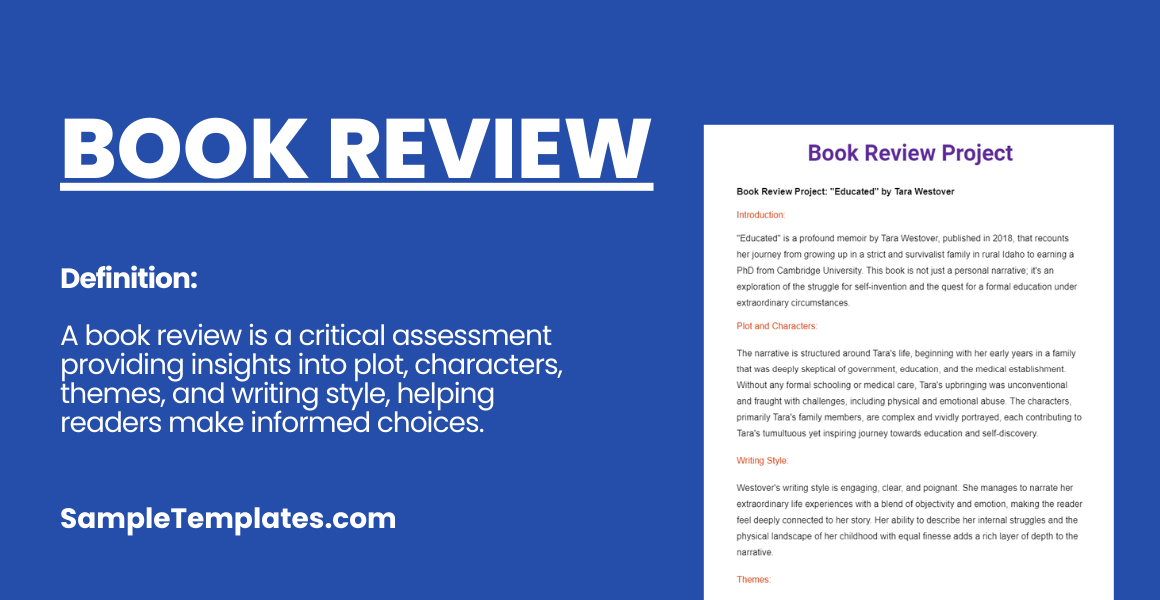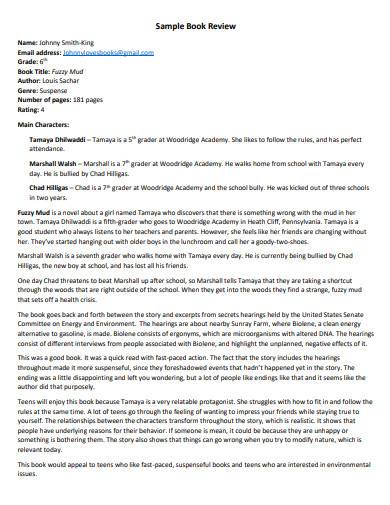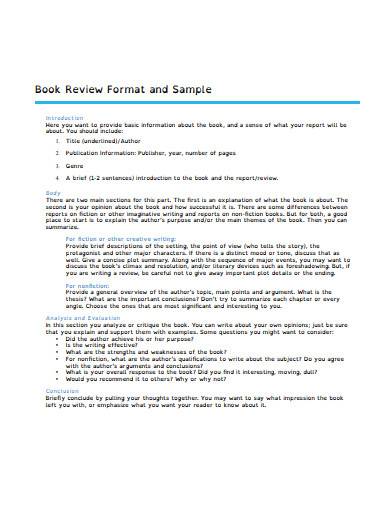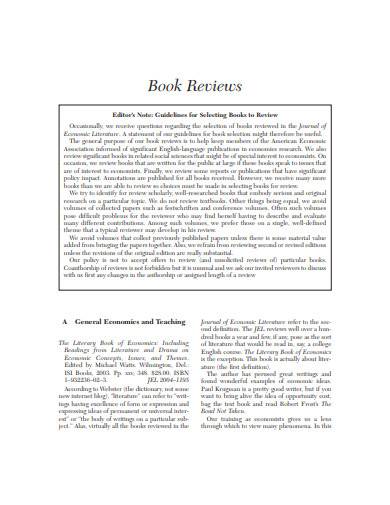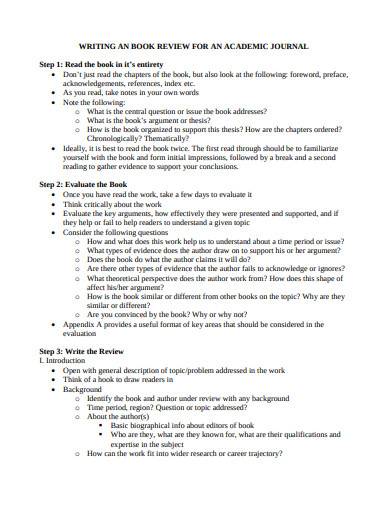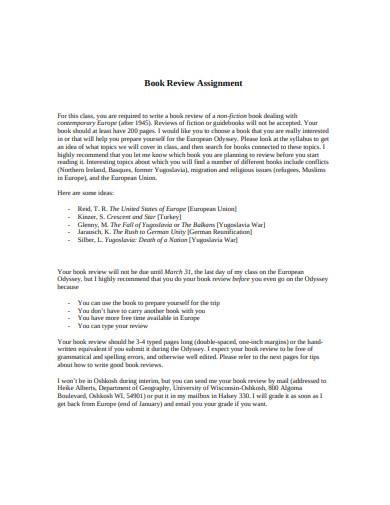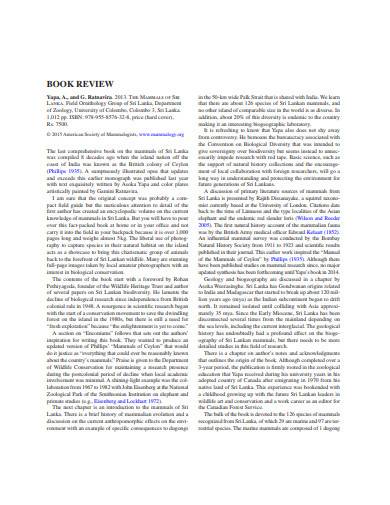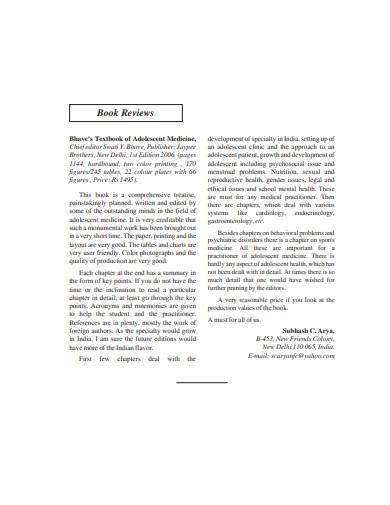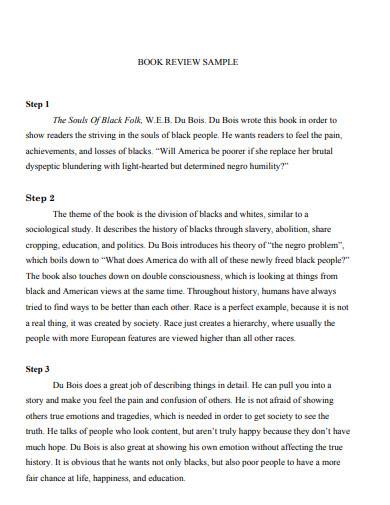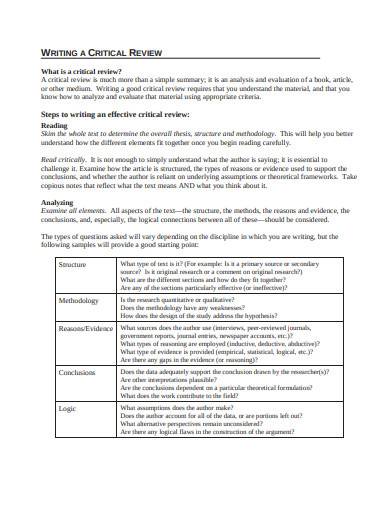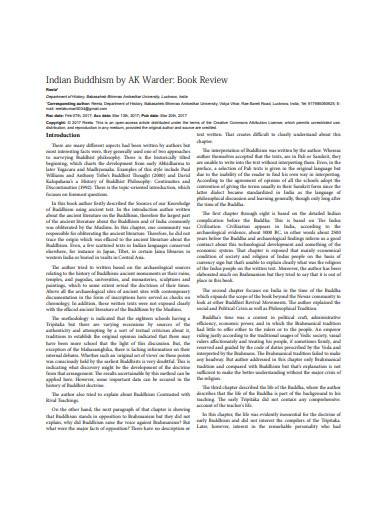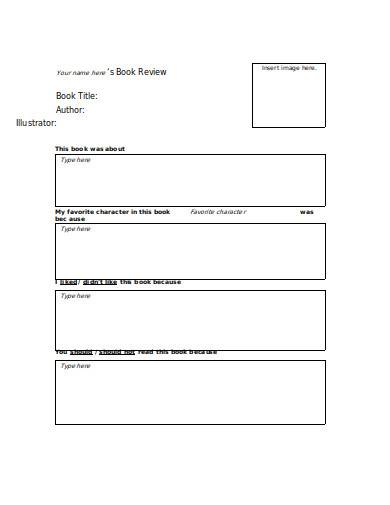Since 2013, book authors publish more than 2.2 million books with new titles each year. The number keeps increasing every year, making it hard for readers to choose which ones to read. Just like the viewers reading the film reviews before watching a movie, to determine which books are worth their time and money, readers go over the book reviews first before they purchase.
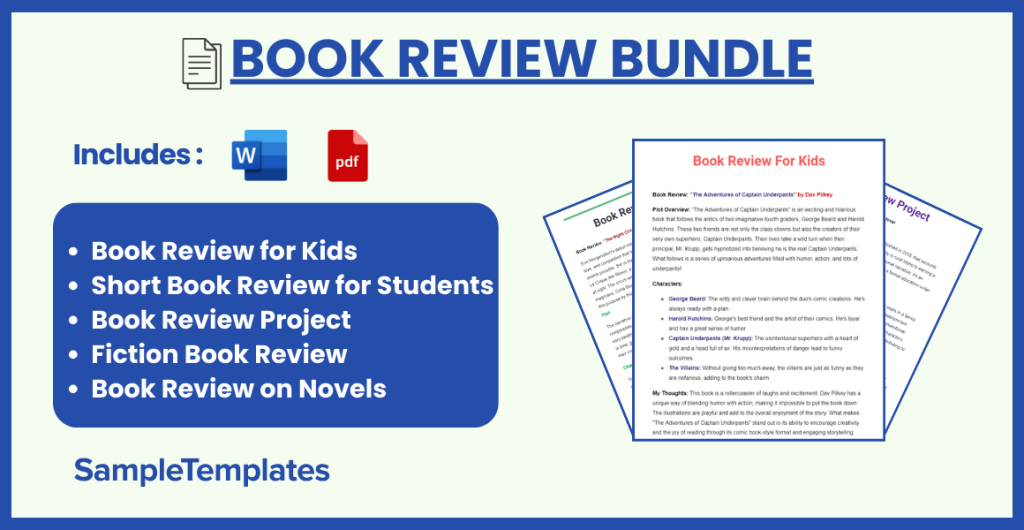
Book Review for Kids
Book Review: “The Adventures of Captain Underpants” by Dav Pilkey
Plot Overview: “The Adventures of Captain Underpants” is an exciting and hilarious book that follows the antics of two imaginative fourth graders, George Beard and Harold Hutchins. These two friends are not only the class clowns but also the creators of their very own superhero, Captain Underpants. Their lives take a wild turn when their principal, Mr. Krupp, gets hypnotized into believing he is the real Captain Underpants. What follows is a series of uproarious adventures filled with humor, action, and lots of underpants!
Characters:
- George Beard: The witty and clever brain behind the duo’s comic creations. He’s always ready with a plan.
- Harold Hutchins: George’s best friend and the artist of their comics. He’s loyal and has a great sense of humor.
- Captain Underpants (Mr. Krupp): The unintentional superhero with a heart of gold and a head full of air. His misinterpretations of danger lead to funny outcomes.
- The Villains: Without giving too much away, the villains are just as funny as they are nefarious, adding to the book’s charm.
My Thoughts: This book is a rollercoaster of laughs and excitement. Dav Pilkey has a unique way of blending humor with action, making it impossible to put the book down. The illustrations are playful and add to the overall enjoyment of the story. What makes “The Adventures of Captain Underpants” stand out is its ability to encourage creativity and the joy of reading through its comic book-style format and engaging storytelling.
One of the best parts of the book is the friendship between George and Harold. Their loyalty to each other and their shared sense of humor make them relatable and inspiring characters for readers. Plus, the idea that they create their own comics shows kids the power of imagination and creativity.
Would I Recommend It? Absolutely! I would recommend “The Adventures of Captain Underpants” to other kids aged 8-12 who enjoy a good laugh and love superheroes. It’s not just a funny book; it’s a celebration of friendship, creativity, and the joy of being a little rebellious. Whether you’re a fan of comics or just looking for a fun read, this book is sure to entertain and might even inspire you to create your own superhero.
Overall Rating: ????? – It’s a must-read for anyone who’s ever dreamed of being a superhero or just enjoys a good giggle. Get ready to fly into the zany world of Captain Underpants!
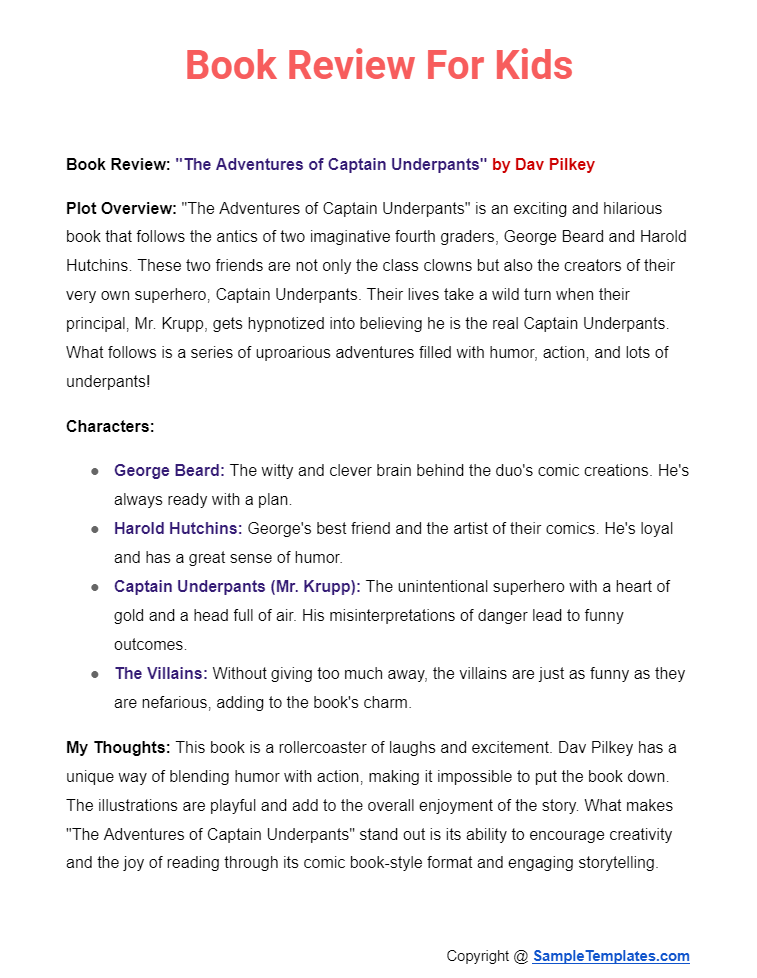
Short Book Review for Students
Book Review: “The Mysterious Island” by Jules Verne
“The Mysterious Island” is an exciting adventure novel that takes readers on a thrilling journey with a group of brave characters who find themselves stranded on an uncharted island. The story begins when five individuals escape a Civil War prison using a hot air balloon and crash land on a deserted island in the Pacific Ocean. They quickly realize they must rely on each other and their combined knowledge and skills to survive.
The characters, including the resourceful engineer Cyrus Harding, the young and eager Herbert, the strong and loyal Pencroff, the silent and mysterious Harbert, and the intelligent journalist Gideon Spilett, are all incredibly interesting and show the importance of teamwork and ingenuity. They build a home, find food, and explore the island, uncovering its many secrets and surprises, including the presence of a mysterious benefactor who seems to be helping them in unseen ways.
One of the most captivating aspects of the book is how the characters use science and technology to overcome challenges. Their adventures are not only thrilling but also educational, as they apply their knowledge of physics, engineering, and biology to solve problems and improve their situation.
Overall, “The Mysterious Island” is a fascinating read that combines adventure, mystery, and science. It shows the power of human ingenuity and the importance of working together. I would definitely recommend this book to other students who enjoy stories filled with adventure and exploration. It’s a story that keeps you guessing until the very end and teaches valuable lessons along the way.
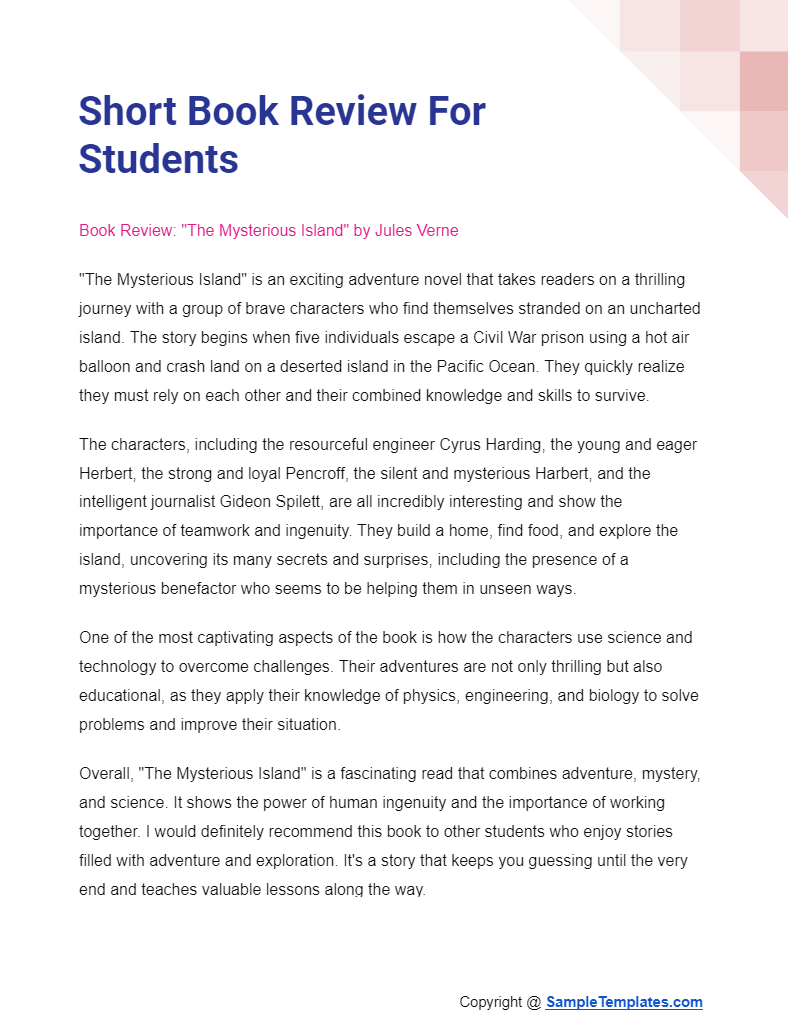
Book Review Project
Book Review Project: “Educated” by Tara Westover
Introduction: “Educated” is a profound memoir by Tara Westover, published in 2018, that recounts her journey from growing up in a strict and survivalist family in rural Idaho to earning a PhD from Cambridge University. This book is not just a personal narrative; it’s an exploration of the struggle for self-invention and the quest for a formal education under extraordinary circumstances.
Plot and Characters: The narrative is structured around Tara’s life, beginning with her early years in a family that was deeply skeptical of government, education, and the medical establishment. Without any formal schooling or medical care, Tara’s upbringing was unconventional and fraught with challenges, including physical and emotional abuse. The characters, primarily Tara’s family members, are complex and vividly portrayed, each contributing to Tara’s tumultuous yet inspiring journey towards education and self-discovery.
Writing Style: Westover’s writing style is engaging, clear, and poignant. She manages to narrate her extraordinary life experiences with a blend of objectivity and emotion, making the reader feel deeply connected to her story. Her ability to describe her internal struggles and the physical landscape of her childhood with equal finesse adds a rich layer of depth to the narrative.
Themes: The most prominent themes in “Educated” include the power of education, the complexities of family loyalty, and the search for identity. Westover’s story is a testament to the transformative power of education, not only in terms of academic learning but also in understanding oneself and the world. The memoir also delves into the difficult choices Tara has to make between her family and her pursuit of knowledge, highlighting the painful sacrifices that often accompany self-transformation.
Overall Impact: “Educated” is a compelling and unforgettable memoir that leaves a lasting impact on its readers. It challenges perceptions about what it means to be educated and the value of questioning one’s beliefs and upbringing. Tara Westover’s resilience and determination to forge her own path, despite her unconventional and at times harrowing beginnings, is both inspiring and thought-provoking.
Memorable or Forgettable? This book is undeniably memorable for its raw honesty, emotional depth, and the remarkable life story it presents. It stands out as a powerful narrative about the struggle for self-education and the courage required to change one’s life.
Recommendation: I would highly recommend “Educated” to anyone interested in memoirs that explore themes of education, family dynamics, and self-discovery. It’s a must-read for those who appreciate stories of resilience and transformation. Tara Westover’s journey is a compelling reminder of how education can change trajectories and how the pursuit of knowledge is, in itself, a courageous act of self-affirmation.
In conclusion, “Educated” is a beautifully written and deeply moving memoir that captures the essence of what it means to fight for one’s right to learn and to live authentically. It’s a testament to the strength of the human spirit and the enduring quest for knowledge.
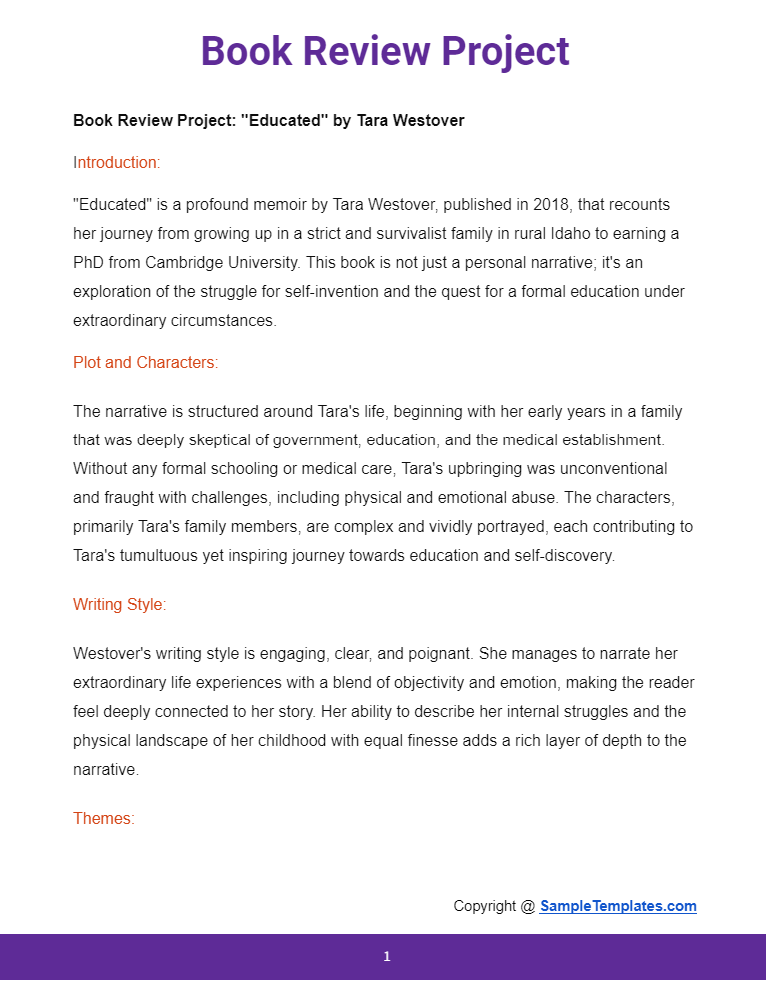
Fiction Book Review
Fiction Book Review: “The Night Circus” by Erin Morgenstern
Introduction: “The Night Circus” by Erin Morgenstern is a mesmerizing novel that transports readers into a magical competition set within the confines of a mysterious circus that appears without warning and is open only at night. Published in 2011, the book weaves together elements of fantasy, romance, and historical fiction, creating a tapestry of intrigue and wonder.
Plot: The story revolves around two young illusionists, Celia Bowen and Marco Alisdair, who are bound by their mentors to a lifelong competition of magical prowess, the arena for which is the enchanting Le Cirque des Rêves. Unbeknownst to them, this contest has rules that are obscure, and the stakes are higher than either can imagine. As the circus travels around the world, it becomes a backdrop to their burgeoning love, a love that threatens to collapse the fragile equilibrium of the circus.
Characters: Celia and Marco are deeply complex characters, each burdened with expectations and the weight of their secretive competition. Their development throughout the novel is both compelling and heart-wrenching. Supporting characters, such as the enigmatic clockmaker Herr Thiessen, the visionary twins Poppet and Widget, and the mysterious contortionist Tsukiko, add layers of depth and mystery to the narrative, making the circus itself a character full of life and secrets.
Writing Style: Morgenstern’s writing is lush and evocative, with a lyrical quality that perfectly captures the ethereal beauty of the circus. Her ability to construct vivid imagery and build a unique atmosphere is unparalleled, drawing readers into a world where the boundaries between reality and illusion blur. The narrative structure, which alternates between different timelines and points of view, serves to build suspense and enrich the storytelling.
Overall Impact: “The Night Circus” is a spellbinding novel that leaves a lasting impression on its readers. It’s a celebration of imagination and the unseen magic that exists in the world. The themes of love, sacrifice, and the costs of ambition are explored in a way that is both haunting and beautiful. The book is not just a story; it’s an experience, one that captivates and enthralls from the first page to the last.
Personal Insights and Recommendation: This novel captivated me with its originality and the sheer beauty of its execution. Morgenstern has crafted a world so vivid and enchanting that I found myself wishing Le Cirque des Rêves were real. “The Night Circus” is a book that appeals to those who love fantasy, but it will also resonate with anyone who appreciates a well-told story of love and the complexities of human emotion. I would highly recommend it to readers looking for a novel that combines beautiful prose with a story that is both compelling and thought-provoking. It’s a perfect read for those who seek an escape into a world where anything seems possible.
In summary, “The Night Circus” by Erin Morgenstern is a breathtaking journey into the heart of magic, love, and the depths of human resilience. It is a novel that defies expectations and offers readers a passage into a world as enchanting as it is unforgettable. You can also refer more on fiction book.
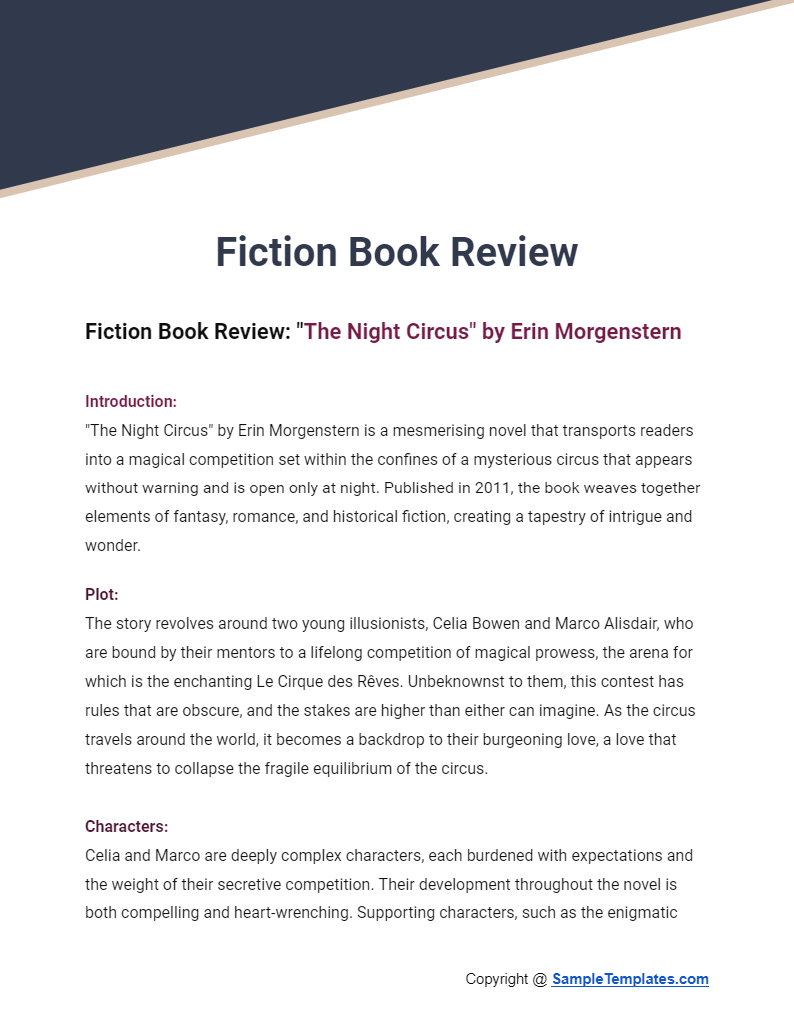
Book Review on Novels
Book Review: “The Night Circus” by Erin Morgenstern
Erin Morgenstern’s debut novel, “The Night Circus,” is a mesmerizing tale of magic, love, and competition that transports readers to a fantastical world where anything seems possible. Set in the late 19th and early 20th centuries, the plot revolves around Le Cirque des Rêves, a mysterious circus that arrives without warning and is open only at night. The circus serves as the arena for a fierce competition between two young magicians, Celia Bowen and Marco Alisdair, who have been trained since childhood for this purpose by their respective guardians.
Plot: The narrative weaves together the lives of Celia and Marco as they navigate the complexities of their rivalry and their growing love for each other, which threatens the very existence of the circus. The plot is non-linear, with chapters moving back and forth in time, gradually revealing the depth of the characters’ relationships and the stakes of their competition.
Characters: The characters in “The Night Circus” are richly developed and compelling. Celia and Marco are complex protagonists whose magical abilities are as much a curse as they are a gift. The supporting cast, including the circus’s creator, Chandresh Christophe Lefèvre, and the clockmaker Thiessen, add depth and color to the story, each with their own secrets and desires that intertwine with the fate of the circus.
Writing Style: Morgenstern’s writing is lush and evocative, painting vivid images of the circus’s enchanting attractions and the ethereal beauty of its setting. Her prose is both elegant and accessible, creating an atmospheric reading experience that captivates the senses and ignites the imagination.
Overall Impression: “The Night Circus” is a beautifully crafted novel that blends elements of fantasy, romance, and historical fiction into a unique and unforgettable story. Its themes of love, sacrifice, and the pursuit of dreams resonate deeply, leaving readers to ponder the boundaries between illusion and reality.
Personal Insights: What makes “The Night Circus” particularly compelling is its ability to immerse readers in its magical world while exploring the complexities of human emotion and ambition. The novel’s emphasis on the beauty of creation and the cost of competition invites reflection on the nature of art and the sacrifices made in the name of love and excellence.
Recommendation: I would highly recommend “The Night Circus” to readers who enjoy richly imagined fantasy worlds with complex characters and a touch of romance. Morgenstern’s debut is a spellbinding tale that lingers long after the final page is turned, appealing to those who appreciate storytelling that blurs the lines between reality and fantasy.
In conclusion, “The Night Circus” is a stunning narrative achievement that showcases Erin Morgenstern’s talent for crafting a story that is as enchanting as the circus it describes. It is a novel that will enchant, challenge, and ultimately satisfy readers with its intricate plot and profound themes.
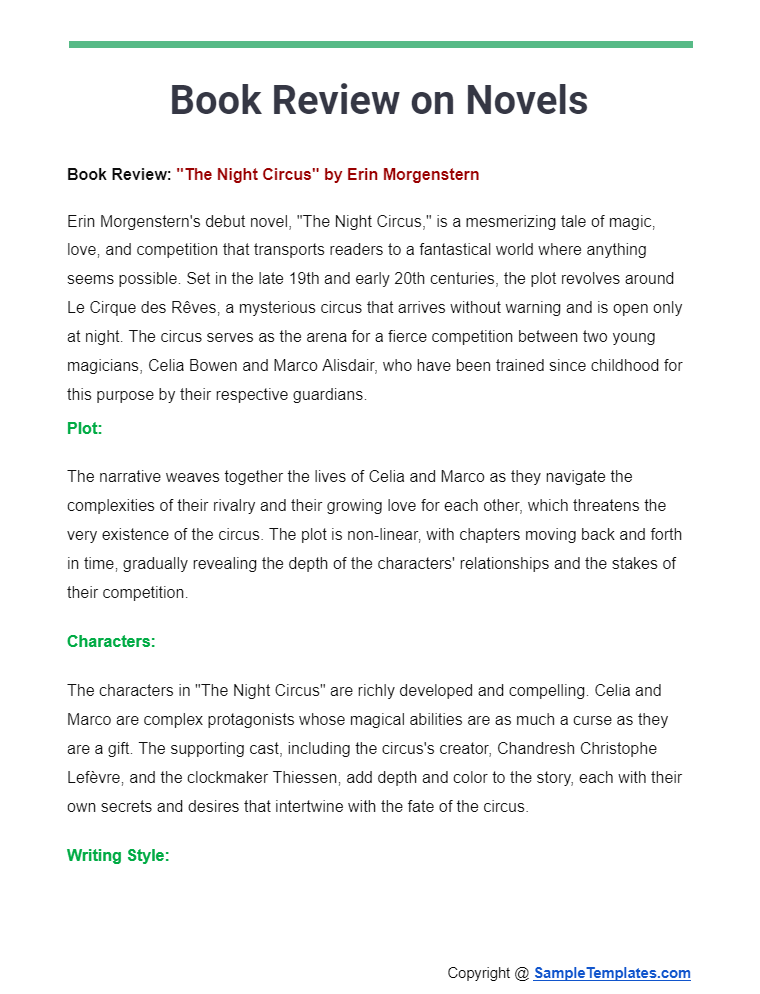
Browse More Templates on Book Review
FREE 11+ Book Review Samples in PDF | MS Word
Level up your career as a book reviewer by choosing the best printable book review template that you can use from below. You can also use these downloadable documents as a reference if you are planning to create a customized book review template for your organization.
1. Book Review Sample
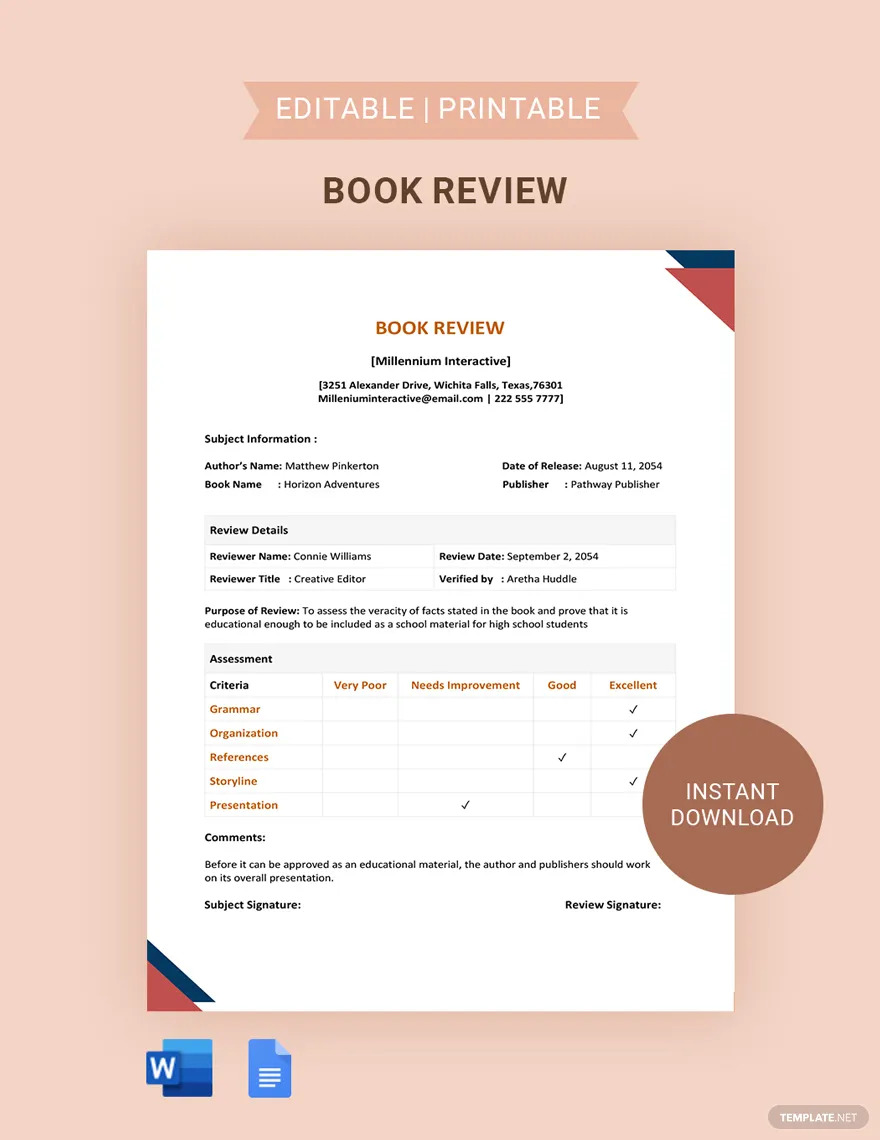
2. Book Review Examples
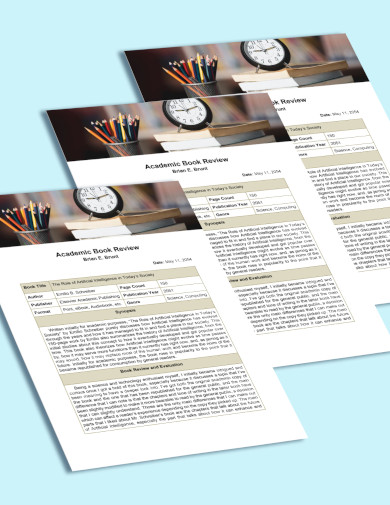
3. Book Review Of Any Book
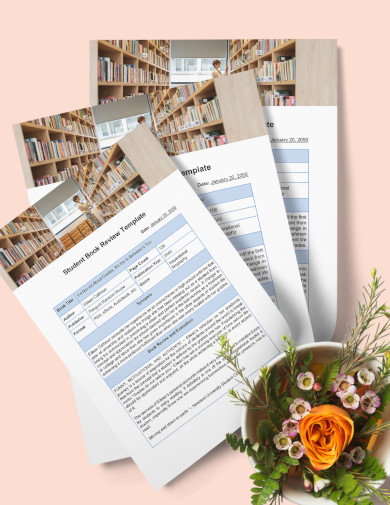
4. Book Review Of Famous Books
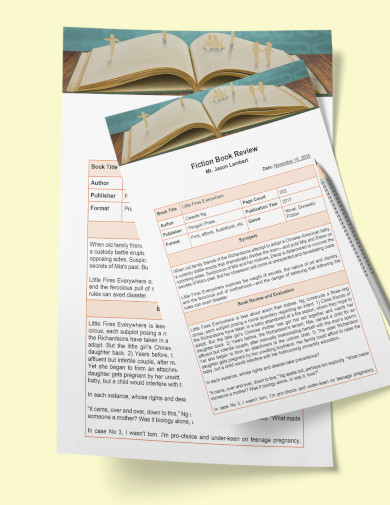
5. Book Review Format
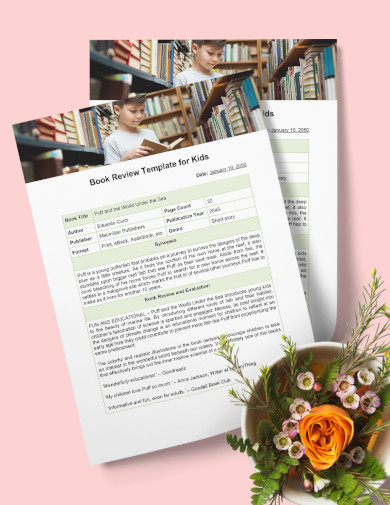
6. Sample Of Book Review PDF
What Is a Book Review?
A book review is a way for readers to form criticism by analyzing a book by its style, content, and worth. In school, professors let their students in college-level or any levels to write a book review or analytical essay after reading a book as their assignment. It is quite common with professionals and businesses as well. Many book authors and publishing companies provide free books in exchange for sample reviews. Others even hire people or organizations to create this type of review, since a book review may serve as a great marketing tool, making it an essential item to add in a smart marketing plan.
What are the Common Features of a Book Review?
A productive book review should have characteristics, such as the following.
- It gives the reader a brief overview of a book: Through a sample book a review, the audience will get an idea of what to expect. However, it does not necessarily have to include spoilers, but rather it consists of a relevant description, which will give the reader a lead.
- It gives an analytical evaluation of a book: By reviewing the book you read, you can provide its effect on you. Does it affect the way you see particular things?
- It advises the audience whether or not the book is worth the read: Based on your evaluation, the audience will get an idea of whether or not he would appreciate the book. More importantly, it helps the person decide whether or not he should read the book.
Book Trends
Did you know that 74% of adult Americans buy a book at least once a year? It’s not really surprising. Statista even reported that in 2018, the sales of books in hardcopy reached 675 million. Additionally, ebooks and audiobooks have made billions of US dollars, making the book industry remains a significant industry. As a book reviewer, what’s in it for you? Well, it just leaves you more opportunities in book reviewing career.
7. Short Book Review Of Any Book In English
8. Book Review Project PDF
9. Sample Book Review PDF
10. Example Of Book Review PDF
Tips for Writing a Good Book Review
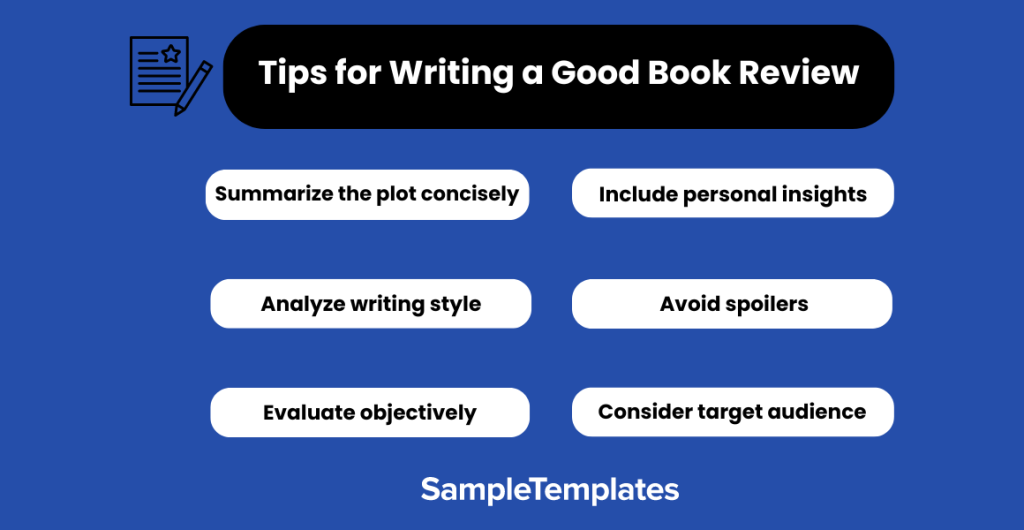
- Summarize the plot concisely.
- Analyze characters, themes, and writing style.
- Evaluate strengths and weaknesses objectively.
- Provide context about the author and genre.
- Include personal insights and reactions.
- Avoid spoilers but offer enough detail.
- Use clear, engaging language.
- Support opinions with examples from the text.
- Consider the target audience.
- Conclude with a thoughtful reflection.
11. Book Review Sample PDF For Students
12. Sample Of A book Review PDF
13. Critical Book Review Sample PDF
14. Critical Book Review Template
What is book review and how is it done?
A book review is a critical evaluation of a literary work, expressing the reviewer’s opinion on its content, style, and overall merit. It typically includes a summary of the book’s plot, sample analysis of characters, themes, and the reviewer’s personal response. Book reviews aim to guide potential readers by providing insights into the book’s strengths, weaknesses, and its contribution to literature.
To write a book review:
- Introduction: Begin with basic information about the book, including its title, author, genre, and publication date.
- Summary: Provide a concise summary of the plot without giving away major spoilers.
- Analysis: Evaluate the book’s strengths and weaknesses. Discuss elements like characters, writing style, plot development, and themes.
- Personal Response: Share your personal reactions and opinions, explaining what worked for you and what didn’t.
- Conclusion: Summarize your overall assessment and recommend the book to a particular audience.
A well-crafted book review combines objective analysis with subjective response, helping readers make informed decisions about their reading choices.
15. Book Chapter Review Sample PDF
16. Sample Book Review
How to Write a Book Review
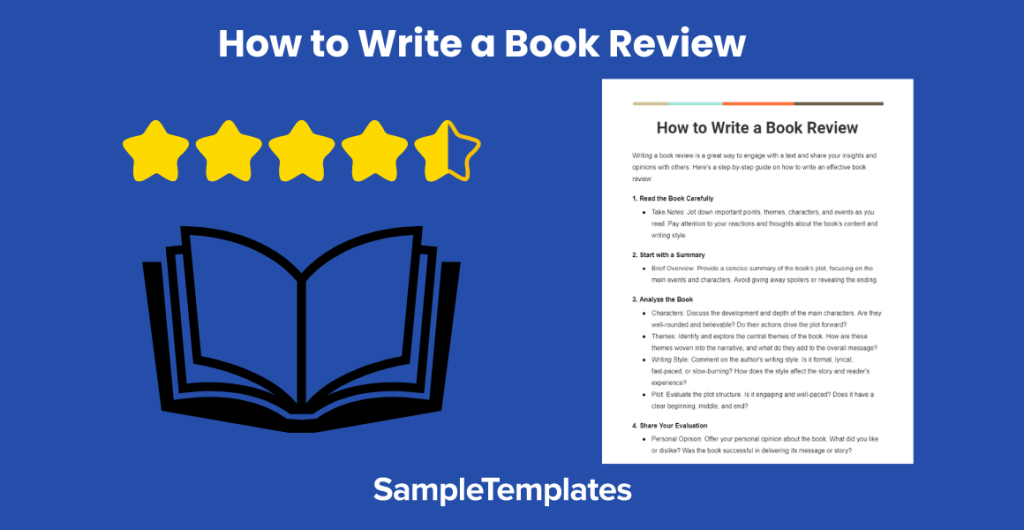
Writing a book review can be tough, especially if you don’t know what you need to include. Still, that should not worry you because we have included a set of steps in this section, which you can use as a guide in writing your very first critical book review.
1. Start by Describing the Book
At times, you may have no idea what to write first due to the unorganized thoughts that you have in mind and telling yourself to organize it without even knowing where really to start just make things worse. Thus, we recommend that you start by describing the book. However, it is not a good idea to include spoilers either, especially the plot twists, unless it is vital to make an idea sensible. You can also mention if it is part of a book series, especially if you think that it would make more sense if the reader reads the other parts of the series first before reading this particular book.
2. Talk About the Things that You Like
At this point, the first step must have loosened up your mind a bit. In this step, focus on your thoughts and feelings about the contents of the book. For example, you are analyzing a fiction storybook. You may want to mention which character you like the most and why. Did the characters are relatable? You can include your favorite parts of the book or mention the ones that you think the author wrote or expressed very well. Lastly, you can include how the book makes you feel. For example, did it make you feel like guessing what will happen next, or did it make you cry or laugh to the point that you just kept on turning the pages?
3. Include the Things that You Didn’t Like
Not everyone prefers to read nonfiction books or dystopian themed novels. You can be subjective and talk about what you disliked about the book. For example, you can include that you don’t like the way the author writes about the main character. Maybe the plot twists are not interesting enough, or the cliff hanger is just so forced.
4. Summarize Your Review
With the things that you have included based on the previous steps, you will get an idea of the type of readers does the book fits. Would you recommend it to children who age 12? You can emphasize the subgenre that the story should belong by mentioning other related books. You can also rate the book. For example, you would like to rate it eight on a scale of 10.
What are the three main features of a book review?
Three Main Features of a Book Review:
- Introduction: Briefly introduce the book and author.
- Summary: Provide a concise plot overview without spoilers.
- Analysis: Evaluate characters, themes, and share your opinion.
FAQs
1. What is a review?
A review, in general, is a way for the audience to evaluate an event, object, or text in the form of literature review, academic book review, service review, web content review, performance review, film review, etc.
2. What is the difference between a book review and a book report?
A book review is an analysis that covers the book’s aspects, such as style, content, and merit critically and deeply. Meanwhile, a book report is a summary of the author’s background and the plot of the story.
3. How do we write book review?
Write a book review by introducing the book and its author, summarizing the plot without spoilers, discussing characters and themes, and expressing your opinion on its strengths and weaknesses.
4. What is an example of a book review?
An example of a book review might start with a brief summary of the plot, delve into character analysis, discuss the writing style, and conclude with the reviewer’s overall opinion.
5. What is book review basic?
A basic book review includes an introduction to the book and author, a summary of the plot without spoilers, an analysis of characters and themes, and the reviewer’s overall assessment.
6. What must a book review contain?
A book review should include summary, analysis, evaluation, and personal reflection, highlighting plot, characters, themes, writing style, and overall impression.
In conclusion, Book reviews indeed play a vital role in maintaining the balance in the ever-growing book industry. In this article, we have discussed what you need to know about it. Apply what you have learned here by writing your first book review.
Related Posts
FREE 8+ Sales Plan and Sales Strategy Samples in PDF | MS Word
FREE 8+ Business Estimates in XLSX | PDF
FREE 10+ Distribution Network Samples in PDF | DOC
FREE 10+ Horizontal Integration Samples in PDF | DOC
FREE 10+ Disposable Income Samples in PDF | DOC
FREE 8+ Income Withholding Order Samples in PDF
FREE 11+ Irrevocable Power of Attorney Samples in PDF | DOC
FREE 10+ Revoke Power of Attorney for Minor Samples in PDF | MS Word
FREE 10+ Excise Tax Samples in PDF | MS Word
FREE 10+ Property Tax Samples in PDF | MS Word
FREE 11+ Construction Application Samples in PDF | MS Word
FREE 15+ Insertion Order Samples in Google Docs | Google Sheets | Excel | MS Word | Numbers | Pages | PDF
FREE 15+ IT Strategy Samples in MS Word | Pages | Google Docs | PPT | Keynote |Google Slides | PDF
FREE 12+ Sales Business Plan Samples in MS Word | Pages | Google Docs | PDF
FREE 10+ Chemical Inventory Samples in MS Excel | PDF
